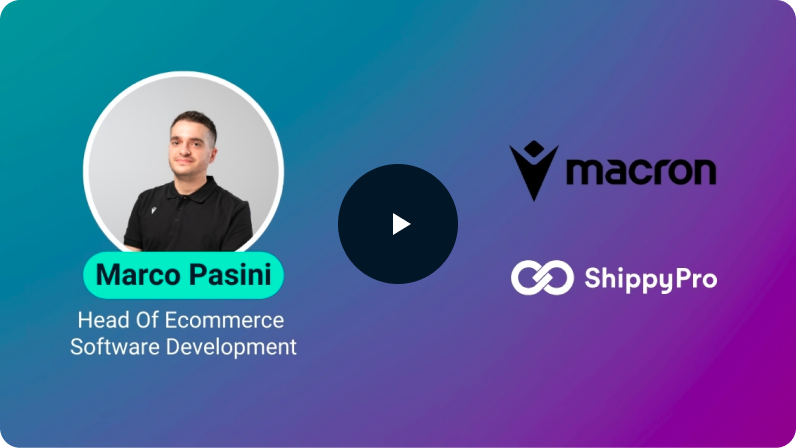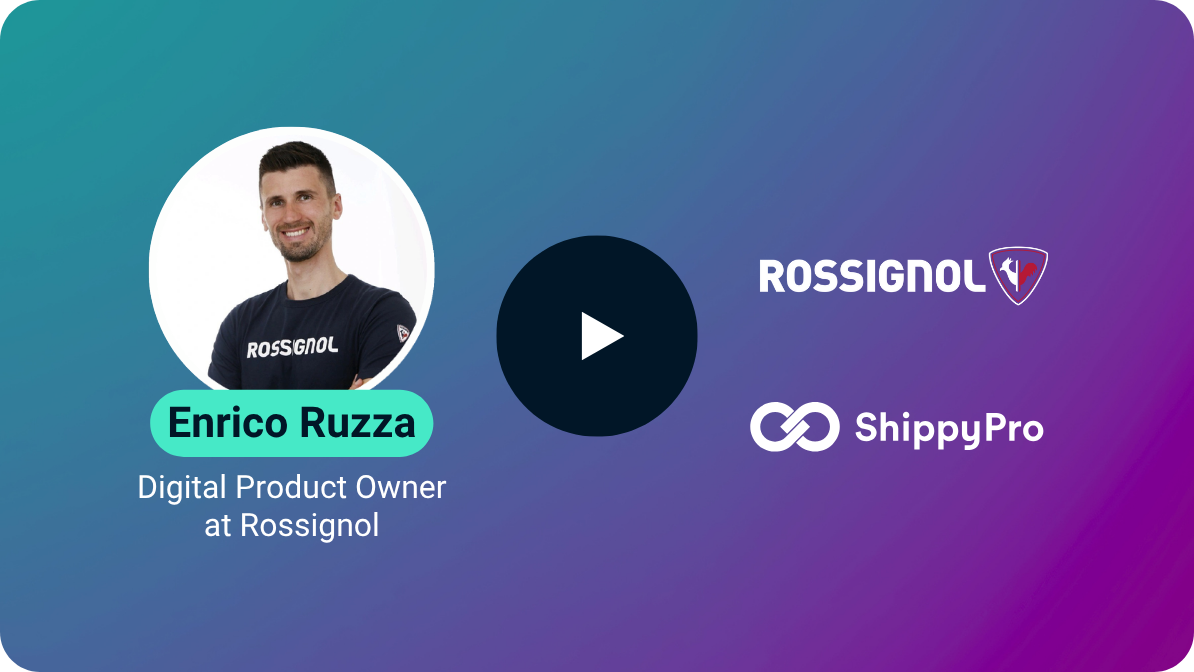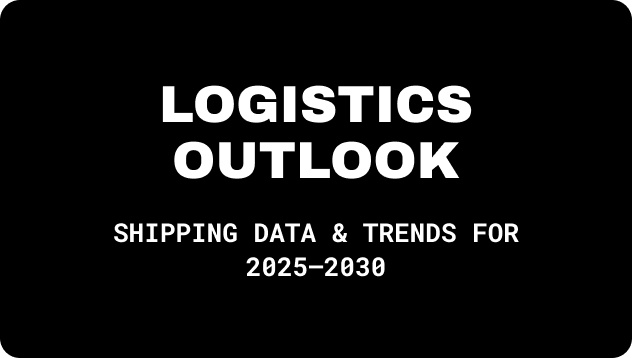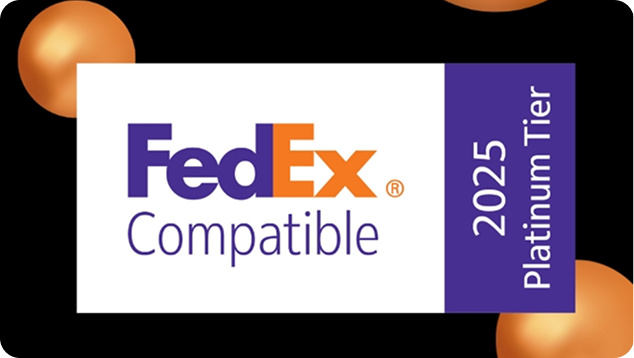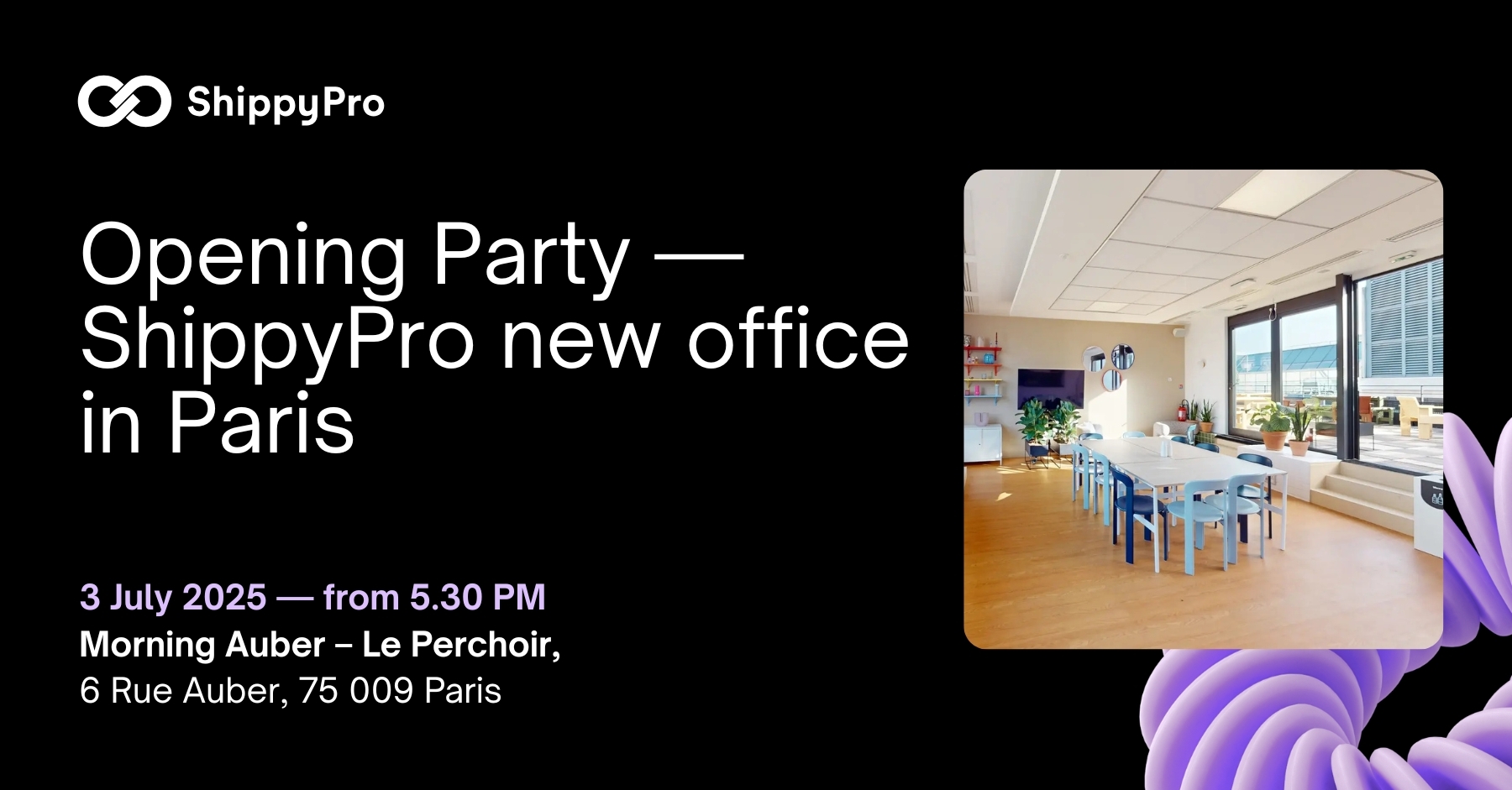E-commerce SEO: the complete guide for the holidays
Holiday seasons are considered the gold mines by many e-commerce. And that is true, as some companies (especially in fashion, large retailers and luxury sectors) effectively account for 80 to 90% of their revenue during this period. This is why your E-commerce SEO must be on top to attract maximum traffic.
Moreover, shopping continues to be a growing activity. It is a very sales-oriented market. More and more customers are spending money online. On the other hand, unemployment continues to decline, which means that people have a little more money to spend.
End-of-year sales reached € 1 billion for the first time in 2018, an increase of 5.8% over the previous year.
This is a very good news for E-commerce. While several costumerskeep on shopping during holiday season walking through the city and wandering trough shops and Christmas markets, e-commerce sales rose 16.6% to 123.73 billion euros in 2018.
Perceived like promising days, Black Friday and Cyber Monday have become thenot-to-be-missed rendezvous for Christmas shopping. And the numbers prove it.
Last year, almost half of all online sales (40%) were made during the Cyber Week. This period runs from the Tuesday before Thanksgiving (4th Thursday of November) to Cyber Monday (Monday after Thanksgiving).
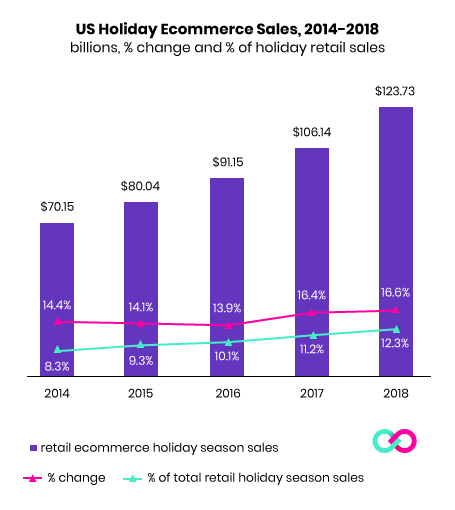
As e-commerce, you have to be ready to deal with many orders at once if you want to win. Christmas is coming, so we have put together a list of features to be well prepared.
Table of Contents
How to boost your E-commerce SEO for the holiday season?
Going up in the search engine results can sometimes take months depending on the competitiveness of the keyword, it’s well known.
So, how to change your E-commerce SEO quickly to generate traffic during the holiday season?
It is essential to optimize your SEO for Christmas and maximize your chances of sales. This method reduces your dependence on pay-per-click (PPC) but also improves its performance via other distribution channels.
Where to start? Here are some tips that most e-commerce sites put in place.
Optimization with promotional keywords
Buying online is easy. It is then normal that buyers seek to find the cheapest products.
The use of promotional keywords increases noticeably during the holidays. Long-tail keywords including the terms “sale”, “discount”, “offer”, “cheap” and “bargain” can improve your ranking.
You have to complete them with keywords that have a strong interest in your field and optimize your website by integrating them into your pages.
Titles and meta descriptions during the holidays
Your titles and meta descriptions must include search terms if you want to appear on search engine results pages (SERP).
By optimizing your titles and meta descriptions with holiday-related keywords, your promotions will increase your click-through rate (CTR).
A better CTR means more traffic, even if your ranking in search results does not change (although a high CTR may bring better ranking).

Timeless URLs for the holiday season
Many e-businesses make the mistake of removing landing page URLs created for Halloween, Thanksgiving, Black Friday, Cyber Monday, Cyber Week, Christmas and New Year once the event is over. But by keeping these URLs, you will improve your SEO over the years. These landing pages will gain authority.
At each event, you will only need to reactivate the URLs or landing pages of the previous year. You can also decide to send them to a more permanent URL that will serve you for the following years.
With this method, you need to avoid dates in URLs such as “black-Friday-2019” and choose a more general URL.
Improve internal links to holiday season’s landing pages
Internal links are all links from one page of your site to another. The most important ones are those to your primary menu.
To increase the frequency and importance of links to your landings pages for holidays, it is necessary to develop an internal network. This strategy will improve its indexing and crawling by search engines. So Google will understand that these pages are important and must be referenced.
External links edited for the holidays
Many publishers devote a lot of resources to holiday content, such as shopping guides or a gift lists.
You must now develop a relationship with publishers in your industry who have the most relevant gift lists for your customers. If you contact them last minute, it may be too late. That would be a pity, because the sooner the list is created the more your links will be valued on your site.
Pro tip: Aggressive offers of products sold at a loss are a popular marketing strategy during the holidays. Few brands use them as part of a link building strategy, while it gives a semi-permanent value in your field.
“Do not limit the value of your biggest promotions by failing to use them in link building”
Jordan Brannon, President of SEO Coalition.

SEO off-pages
Many SEO consultants make the mistake of insisting especially and only on your primary domain to improve your E-commerce SEO indexing.
But there are different websites or platforms that are innately advantaged and better referenced thanks to specific search terms or results. Google often includes, in its search results, platforms such as YouTube to offer diversified content and a better user experience.
It is therefore important to focus on the creation and optimization of video content related to the end of year festivities. Other platforms or websites are also included in search results to diversify rankings by device or location. Look at the search results for your priority keywords and see which sites appear!
This way, your content can be proposed through these third parties to help you be better referenced, which may not happen without them.
The holiday season is an excellent opportunity to develop your SEO in a long-lasting and valuable way. Especially if you follow some of these strategies!
Search results settings to make shopping easier during the holidays
As well as referencing on Google or Amazon, you can use search data to optimize the search engine of your website.
Google’s search engine is not the only one that needs to be optimized. The search tools of the pages of your shop are at the heart of the customer journey. They must be adapted to their purpose.
Accurate setting of search results on your website will help your customers find exactly what they are looking for with ease. It’s as important to them as it is to you. Good research experience allows your customers to navigate without worrying about your site throughout the entire purchase process until cart checkout.
This strategy is very advantageous, especially during the holiday season when customers overwhelmingly converge and seek a pleasant shopping experience, possibly without a hitch.
Unlike Google’s search results, where SEO is more an art form than a science, searches on a website have direct control over the effectiveness in finding the right results.
But first, why should anyone do research?
The truth is hidden elsewhere. A search on a site is often considered acquired by e-merchants. Until you find a better alternative, it’s easy to forget how useless the search of a non-intuitive site is. But once you are more comfortable with this method, you begin to notice the flaws of the older and primitive searches on some websites.
The search features to be ready during the holidays
Error Tolerance
Do you recognize this message: “do you mean …”? It appears above the search bar when you have made a typing error for example. It’s a form of tolerance. In a word, the search engine recognizes that you may have made a mistake and tries to rectify it for you.
Until recently, all faults and possible corrections had to be pre-programmed in the list of possible search engine results. This technology is outdated today and inclined to problems. What happens if a buyer makes an unexpected mistake?
Site search engines are smarter and use research data collected regularly to understand what buyers have meant. Even when they make a mistake in spelling or grammar.
And it works!
Digital equipment provider Xpres struggled with the restrictive integrated search feature of its website. Search results were often incorrect and some products were not found. The Klevu search engine gave him a high level of precision, the one that customers exactly needed to find the right products. After this change, sales increased by 19.8%.
Despite this leap forward and the tangible benefits for companies like Xpress, the vast majority of websites still use old technology.
Visual search interface
Good research should not redirect you until you click on a product. Instead, search results should appear visually in the search bar or as self-complete options when typing this search.
Instead of having a drop-down menu to host your search filters, they are arranged as categories in your sidebar. All these visual and intuitive features come together to create what Klevu calls “Smart Categories Navigation“.
As well as tolerance, this method reduces problems and lead the buyer to the payment page without constraint. But it goes even further: by offering an intuitive interface, buyers will never want to go back to the old way.
Product accuracy according to customers’ opinions
You can use a list of custom keywords to train a robot to learn unique items related to your store and products.
So when you’re looking for a “special mom’s Christmas gift,” the results will be smart, responsive and based on current customer feedback.
Natural language processing
Even if this term does not mean anything to you, you should know that it is a branch of computer science that teaches computers how to process and decode a large amount of natural language data.
A good search engine will be able to understand the nuances of human language. Consequently, it can find what the buyer wanted to say and then present him with different alternatives. These faculties will be very useful when you copy with a large amount of data for a given period.
No to “no result”
The only thing to remember when a buyer finds no result is that you failed to offer him what he was looking for.
Tolerance greatly minimizes this risk, allowing the search engine to understand the buyer’s query. But even a lack of search-friendly products should not give a blank page.
Do you remember Amazon’s Prime Day for pets? This is a very good example of using results, options or visuals to turn a “no result” page into something interesting.
Thus, you can update your “no results” page by adding content related to gift ideas for Christmas for example. In short, all your website pages must have a clear purpose and offer a positive moment to buyers.
End of year holiday banners
It is important to directly include these banners in your search bar so that your customers are aware of promotions, offers, and messages of the moment that might interest them.
No need to tell you how strong the competition is during the holiday season. By offering exciting promotions for your customers at a specific location, you can encourage them to spend more on your shop.
It is still important to remember that all features listed above, and many others, are driven by an AI. Thanks to this technology, it is now possible to analyze large volumes of data and draw conclusions. And it also adapts itself over time to offer a deep and precise knowledge, which was impossible in previous times.
When it comes to searches that may be done on your site, you might expect your site to give your customers a better experience. Intelligent features reduce any type of barrier to the checkout page so that your customers can have faster access.
And if your customers have a trouble-free holiday experience, guess who will come back next year?

In short, how to improve your E-commerce SEO and generate more sales during the holidays?
Essential period of the year for an E-commerce, the end-year holidays are a golden opportunity to increase your turnover. How can you take advantage of this precious traffic?
- Optimize your pages with long-tail promotional keywords.
- Use popular search terms to raise your SERP rankings and increase your CTR.
- Create holiday-specific timeless URLs to reuse every year to improve your SEO.
- Develop an internal network to enrich the indexing and crawling pages of your website and thus be better referenced.
- Build an immediate relationship with publishers in your field to highlight your products in shopping guides or holiday gift lists.
- Optimize your video content creation on third-party sites to offer diversified content and develop your E-commerce SEO.
- Fine-tune search results on your website to provide a good experience throughout the entire purchase process.
- Establish an error tolerance technique to correct spelling or grammar.
- Provide an intuitive visual search interface such as category filters or self-complete search options.
- Make a list of custom keywords for your products based on customer reviews.
- Process and decode a large amount of natural language data to capture the nuances of human language and offer different alternatives.
- Add holiday-related content to your blank pages to avoid “no results” pages and provide a positive experience for your customers.
- Create banners for end-of-year holidays and keep your customers informed of current promotions and bargains on your store.
You’re ready for the holidays! Do not waste a minute or a cent and boost your Christmas sales!

ShippyPro is the complete shipping software for online and offline retail. With Label Creator, Track & Trace, Easy Return and Analytics features, our software simplifies your shipping operations. ShippyPro integrates with over 180 carriers and 80 sales channels, making it compatible with a wide range of products and use cases.
.jpg)


